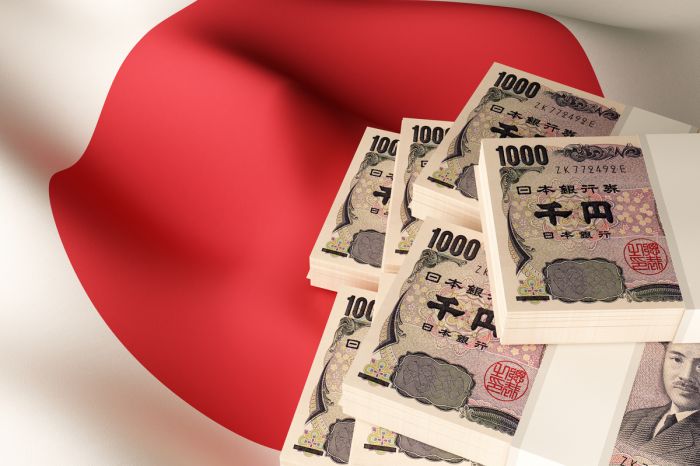The Bank of Japan is known for its ultra-easy monetary policy. It has kept its interest rates at very low levels for a long time and indeed chooses to raise them only exceptionally. Even now, with the Japanese yen facing a decline, the central bank refuses to end its policy of very low-interest rates.
In Japan, this debate has opened up because of rising domestic inflation. However, Prime Minister of Japan Fumio Kishida said that this increase is mainly due to the global rise in oil, gas, and commodity prices, not the weak yen.
Read also: ECB will slowly end asset purchases
The Bank of Japan has long been trying to achieve and hold inflation at around 2%. However, the weakening yen is putting a lot of pressure on inflation. However, many countries in Europe and the US are having the same problems now.
The yen plunged to a new 20-year low of 126.56 against the dollar on Friday as investors focused on the gap between the US Federal Reserve’s plans for aggressive interest rate hikes and the BOJ’s promise to maintain its easy policy for now.
Better exports, but what about households?
Japan’s weaker currency is supporting exports on the one hand, but on the other, it is raising import costs for energy and food. This puts pressure on the central bank, as their policy is now not bad for companies exporting products abroad, but for the households themselves, it increases the cost of living.
Under a policy called yield-curve control, the BOJ has pledged to steer short-term rates at -0.1% and cap long-term borrowing costs at around 0% to disperse inflation to its 2% target.
For Japan’s central bank, the task of setting interest rates is a bit more challenging than in other countries because Japan is the most indebted country in the world and has to tread carefully given the size of its economy.











Comments
Post has no comment yet.